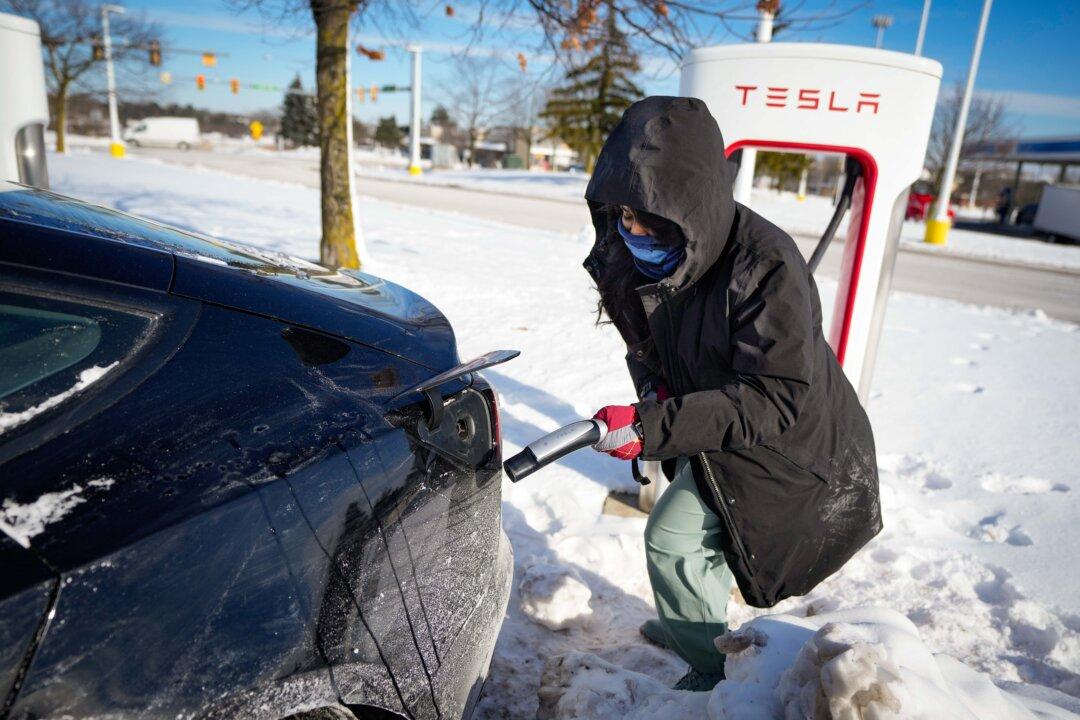MESA, Ariz.—Behind all the aggressive marketing of electric vehicles lies a promising technology that’s still a work in progress, says James Haas, used car manager at Berge Toyota in Mesa, Arizona.
Electric vehicles (EVs) are still costly to produce and maintain, he says. Many don’t hold their value like gasoline-powered cars do, and most consumers still can’t afford to buy them with an average $40,000 price tag.





